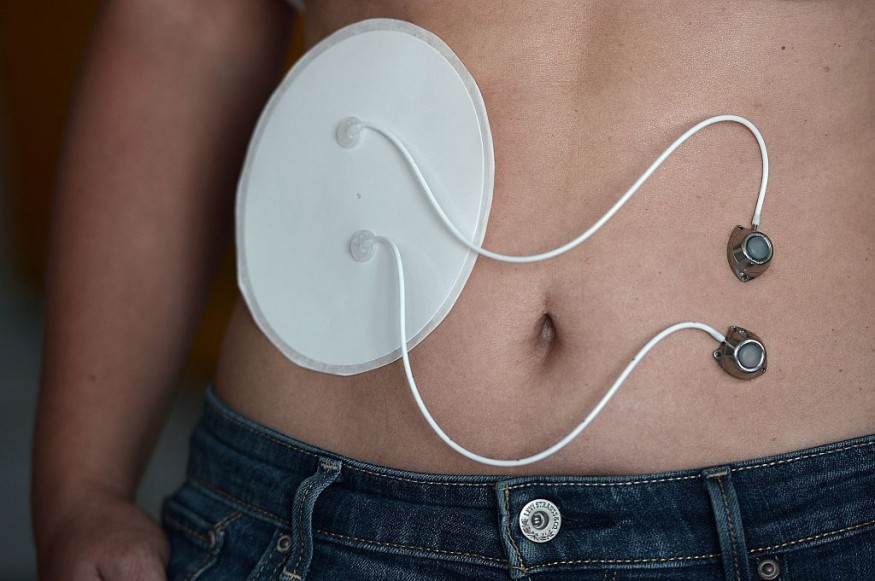Type 2 diabetes is predicted to affect 415 million people globally, costing $760 billion in yearly global health spending. According to Diabetes UK, more than 4.9 million individuals in the UK alone have diabetes, with 90% having type 2 diabetes, costing the NHS billions every year.
Now, researchers from the University of Cambridge have successfully tested an artificial pancreas for use by type 2 diabetic patients. The device, powered by an algorithm the team created, doubled the length of time patients were in the target range for glucose and cut the time spent for high glucose levels in half.

Type 2 Diabetes Management
Type 2 diabetes results in abnormally high amounts of glucose in the blood sugar. Typically, the release of insulin regulates blood sugar levels, but patients with type 2 diabetes have trouble synthesizing insulin. This can lead to major issues such as eye, kidney, and nerve damage, as well as heart disease, over time.
The illness is often controlled by a mix of lifestyle modifications, such as a better diet and increased exercise, as well as medication with the goal of maintaining glucose levels low.
To further aid the management of type 2 diabetes, SciTech Daily reports that the team from the Wellcome-MRC Institute of Metabolic Science at the University of Cambridge developed an artificial pancreas that maintains healthy glucose levels.
The device combines an off-the-shelf glucose monitor and insulin pump with a CamAPS HX app built by the researchers powered by an algorithm that predicts the amount of insulin needed to keep glucose levels in the appropriate range.
The researchers have previously demonstrated that an artificial pancreas powered by a similar algorithm is beneficial for type 1 diabetic patients ranging from adults to very young children. They have also successfully tested the device in type 2 diabetic patients who require renal dialysis.
Successful Clinical Trial of Artificial Pancreas
The team reports the first trial of the device in a larger sample of people with type 2 diabetes today in the study, titled "Fully Automated Closed-loop Insulin Delivery in Adults With Type 2 Diabetes: An Open-label, Single-center, Randomized Crossover Trial" published in the journal Nature Medicine.
Science Daily reports that the new version is a fully closed-loop system, unlike the artificial one used for type 1 diabetics. Whereas patients with type 1 diabetes must tell their artificial pancreas that they are about to eat in order for insulin to be adjusted, patients with the new version can leave the device to function entirely automatically.
The 26 patients from the Wolfson Diabetes and Endocrine Clinic at Addenbrooke's Hospital they recruited were randomly assigned to one of two groups: the first tried the artificial pancreas for eight weeks before switching to the normal medication of several daily insulin injections, while the second tried this control therapy first and then switched to the artificial pancreas after eight weeks.
The researchers assessed the effectiveness of the artificial pancreas using a variety of metrics. The first was the percentage of time that patients spent with their glucose levels between 3.9 and 10.0mmol/L. Patients utilizing the artificial pancreas spent two-thirds (66%) of their time inside the target range, which was more than double that of the control (32%).
The proportion of time spent with glucose levels exceeding 10.0mmol/L was another metric. High glucose levels, over time, increase the risk of potentially catastrophic consequences. Patients receiving the control medication had elevated glucose levels for two-thirds (67%) of the time; this was reduced to 33% when the artificial pancreas was used.
Overall, feedback from participants suggested they were satisfied with the system's ability to regulate their blood sugar levels automatically and 89% of them reported spending less time managing their diabetes.
RELATED ARTICLE : Breakthrough Artificial Pancreas With Under-the-Skin Sensor Fitted on Nearly 1,000 Patients Under NHS Type 1 Diabetes Trial
Check out more news and information on Diabetes in Science Times.
© 2025 ScienceTimes.com All rights reserved. Do not reproduce without permission. The window to the world of Science Times.












